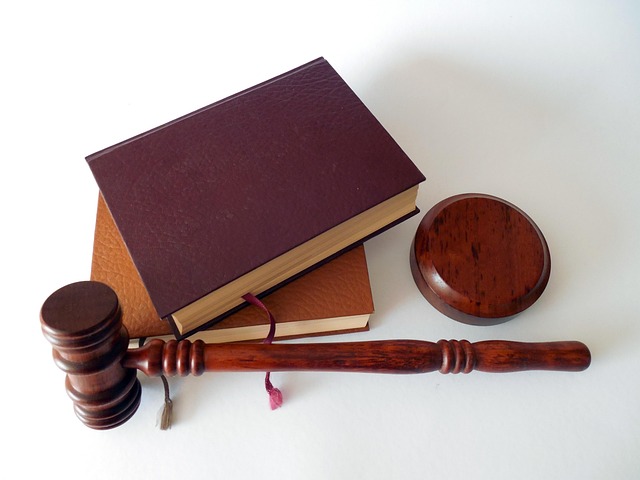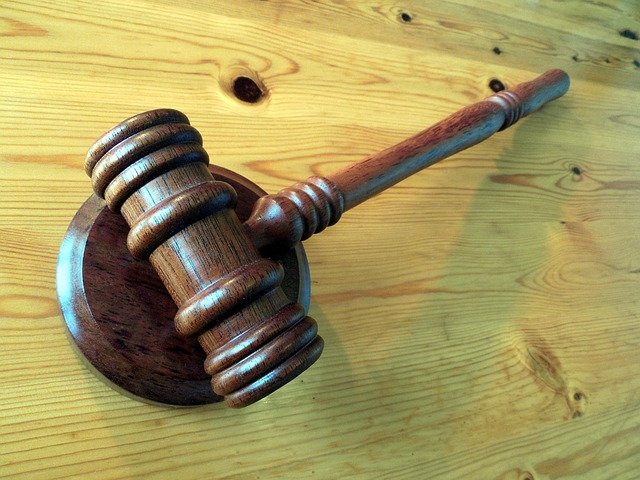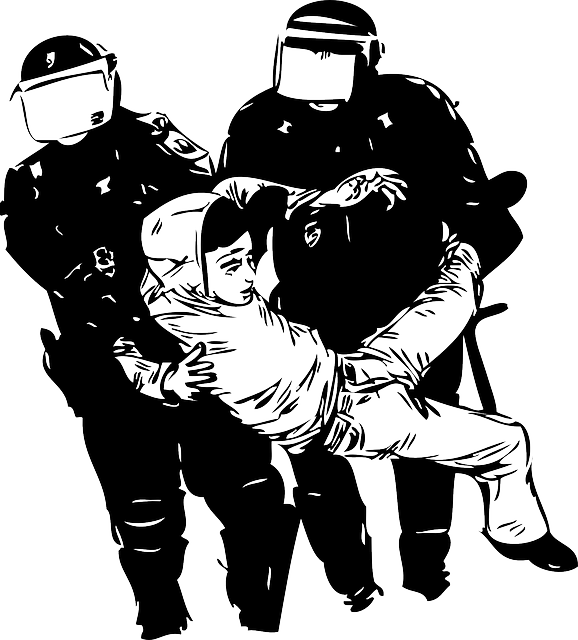Prior convictions heavily influence sentencing in public corruption cases, with courts using them as character and reoffending predictors. These records, especially similar past offenses, can enhance penalties significantly. Understanding how previous criminal history impacts outcomes is crucial for defendants to secure fair representation and mitigate harsh sentences when facing high-stakes charges. Skilled legal defense examines business history to ensure fair consideration of prior convictions within the current trial context.
“Public corruption charges carry severe consequences, with one significant factor influencing sentences: prior convictions. This article delves into the legal perspective of understanding public corruption charges and explores how previous criminal history shapes sentencing outcomes. We examine key factors, including the impact on sentencing guidelines and real-world case studies. Additionally, we provide strategies for defendants navigating these challenges, offering insights into mitigating the effects of past offenses in the face of severe potential sentences.”
- Understanding Public Corruption Charges: A Legal Perspective
- Impact of Prior Convictions on Sentencing: Key Factors
- Sentencing Guidelines: Role of Criminal History
- Case Studies: When Prior Convictions Lead to Severe Sentences
- Strategies for Defendants: Navigating the Impact of Past Offenses
Understanding Public Corruption Charges: A Legal Perspective

Public corruption charges carry significant weight, as they involve the abuse of power by individuals in positions of trust. From local officials to high-ranking government servants, those accused face a legal battle that can have profound implications. Understanding the nature of these charges and their potential impact on sentencing is crucial for anyone involved in the process. In the legal realm, public corruption cases are often complex, requiring meticulous investigation and a deep understanding of applicable laws.
One critical aspect to consider is how prior convictions influence sentencing outcomes. These previous criminal records can significantly affect the severity of the punishment. Defense attorneys play a pivotal role in navigating these waters, aiming for winning challenging defense verdicts or mitigating sentences. Across the country, legal experts specialize in representing clients at all stages of the investigative and enforcement process, ensuring fair representation and challenging questionable accusations.
Impact of Prior Convictions on Sentencing: Key Factors
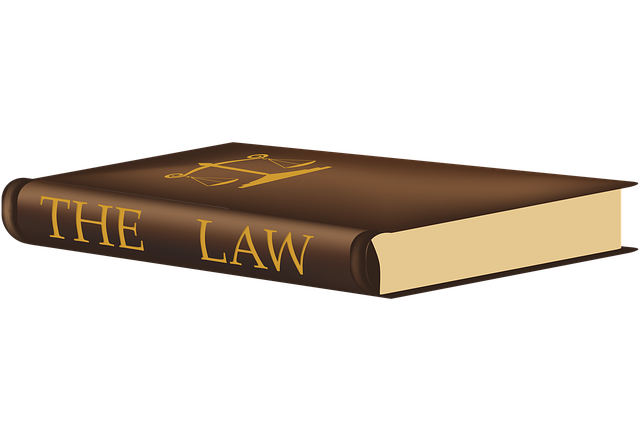
Prior convictions play a significant role in shaping sentencing outcomes in public corruption cases. When a defendant has previous criminal records, especially those involving similar offenses, it can lead to more severe sentences. Courts often consider prior convictions as an indicator of the individual’s character and likelihood to reoffend, which influences their decision when determining punishment. This aspect is crucial in ensuring fair justice and upholding the integrity of the legal system.
Several key factors are taken into account: the nature and severity of the previous offenses, the time elapsed since these convictions, and whether the defendant has shown rehabilitation or continued involvement in corrupt activities. A strong history of white-collar crimes or related offenses can result in enhanced penalties. However, it’s essential for legal professionals to build robust defenses for their clients, focusing on mitigating circumstances and presenting evidence of personal growth to avoid indictment and secure more favorable sentencing outcomes.
Sentencing Guidelines: Role of Criminal History
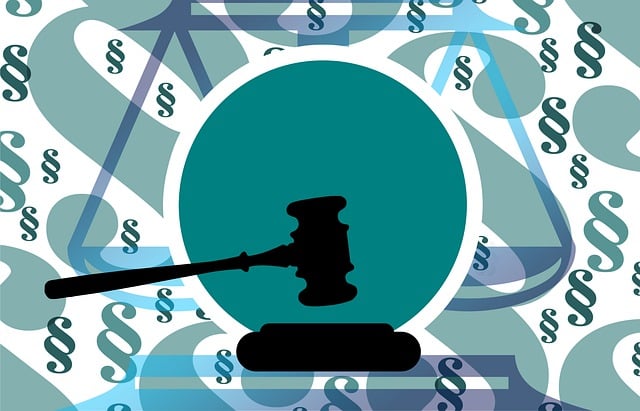
In evaluating public corruption charges, sentencing guidelines play a pivotal role in determining the outcome of high-stakes cases. One significant aspect that judges consider is an accused’s criminal history, which can significantly impact the severity of the sentence. Prior convictions, especially for similar offenses, often lead to harsher penalties as it reflects an individual’s tendency to reoffend and undermines their ability to reform. This is particularly crucial in public corruption cases where trust in government and political communities is paramount.
Judges weigh these historical facts against the current charges, using them to inform decisions aimed at both retribution and rehabilitation. While a clean record may mitigate punishment, repeated offenses can result in lengthier sentences or even enhanced penalties under sentencing guidelines. This dynamic underscores the importance of understanding how prior convictions affect sentencing outcomes, especially for those navigating complex legal scenarios within philanthropy and political spheres.
Case Studies: When Prior Convictions Lead to Severe Sentences

In cases of public corruption, prior convictions can significantly shape sentencing outcomes. Courts often consider a defendant’s history as a factor in determining the severity of punishment. This is because past criminal activities can indicate a pattern of misconduct and suggest that the current charges are part of an ongoing behavior rather than a one-time incident. When defendants have previous convictions, especially for similar offenses, judges may hand down stiffer sentences to reflect what is seen as an unprecedented track record of corruption.
Case studies reveal that these prior convictions can lead to harsher penalties, including extended prison terms and substantial fines. This is particularly true when the defendant has been through all stages of the investigative and enforcement process, from initial inquiries to formal charges, without successfully having all accusations dismissed. A complete dismissal of all charges is an unusual outcome, and it usually happens when there are significant legal defenses or a lack of sufficient evidence linking the defendant to the corruption allegations.
Strategies for Defendants: Navigating the Impact of Past Offenses
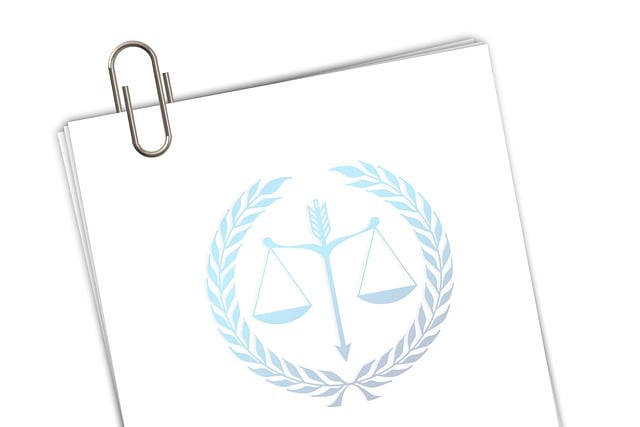
When facing public corruption charges, defendants often find themselves at a strategic disadvantage due to their past offenses. The impact of prior convictions cannot be overlooked as they significantly influence sentencing outcomes. In high-stakes cases, where every detail matters, understanding how these previous legal issues can shape the current trial is crucial for building a robust defense strategy.
Navigating this complex landscape requires skilled legal representation. Defendants must rely on their attorneys to delve into the specifics of their respective business and past interactions, ensuring that any prior convictions are fairly considered within the context of the current allegations. This meticulous approach allows for a more nuanced understanding of how past mistakes might affect the defendant’s standing and ultimately influence the severity of the sentence they face.
Public corruption charges carry significant weight, and understanding how prior convictions impact sentencing is crucial. This article has explored various legal perspectives, highlighting the role of criminal history in shaping outcomes. Case studies demonstrate that past offenses can lead to severe sentences, underscoring the importance of strategies for defendants to navigate these challenges. By delving into the key factors influencing sentencing, individuals facing corruption allegations can better prepare and understand potential consequences, ensuring a more informed approach to legal representation and advocacy.
